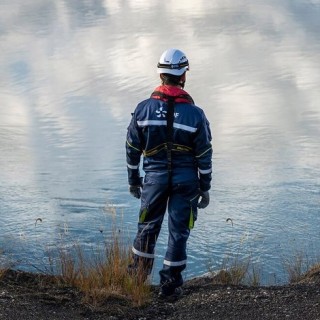
Electric mobility: we don't need oil to move forward
Driving electric means 5 times less CO₂ emissions than with a combustion engine.
Our history, our expertise and our values have forged our conviction that climate change does not mean the end of human progress; that electricity is a realistic and enabling solution to leaving fossil fuels behind and advancing into a zero-carbon future.
Because, once we learn to generate electricity without releasing carbon, it has the power to decarbonise our homes, our transport, our industry, our agriculture, and our towns and cities.
To build a net zero energy future with electricity and innovative solutions and services,
to help save the planet and drive well-being and economic development.
That's our purpose.
The accessibility of this site is partially compliant (90%) with RGAA version 4.1.

